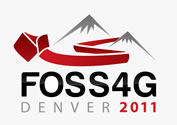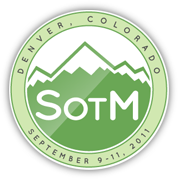Accessing PostGIS Raster from gvSIG Desktop
raditionally the databases have been present in the GIS World as repositories for the storage of geographic information.
In almost all cases, these databases have been focused to the management of metadata and vector data. Raster data access is often restricted to local or network files and remote services (WCS,WMS,...). However, the use of databases for the storage of raster geographic information is possible and in many cases, necessary to get a good classification of this information as GeoRaster does in Oracle Spatial.
A new technology for raster access from the PostgreSQL/PostGIS open source database is being developed. PostgreSQL with PostGIS and its extension PostGIS Raster constitute a ideal tool to handle the raster data.
The main goal of the project PostGIS Raster is the implementation of a new type of data to be included in the database (RASTER type). This will offer a minimum set of overlay SQL functions for vector and raster data.
Within this scenario, it has been developed an extension for gvSIG Desktop, which aims to load data from this kind of databases and also to handle these data as local layers in gvSIG Desktop.
This paper will present an introduction to the technology for raster data access from databases, pointing out its advantages and disadvantages.
On the other hand, it will be explained how to manage the database to load raster layers from other type of raster format such as .tiff, .img, etc.
Finally, the extension gvSIG Desktop will be described by discussing its characteristics and usage.
Jorge Sanz is consultant in geospatial technologies at Prodevelop since 2006. He's also part of the gvSIG team, Charter Member of the OSGeo Foundation, as well as part of the Spanish language OSGeo Local Chapter. He also maintains with several friends and colleagues a blog about GIS, cartography and other geoscience topics since 2006 called http://geomaticblog.net.











